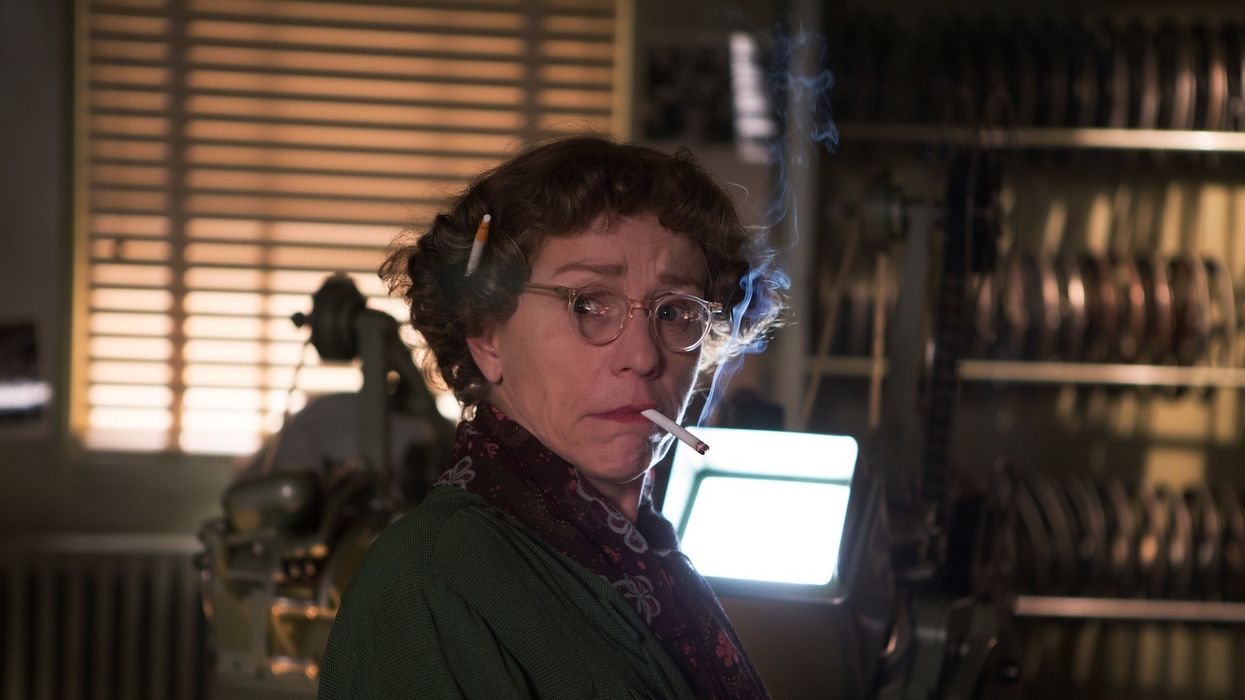5 Ways to Make the Most of Working with an Editor
One of the most important creative relationships a director will ever have is with their editor.

As a director, you'll be collaborating with a lot of other talented artists on your films. Arguably, one of the most important of these is your editor. If you don't know how to collaborate properly, you, your editor, and your project could suffer greatly, which is why you should check out this video from editor Sven Pape of This Guy Edits. In it, Pape talks with director/editor Tyler Danna, who is also a professor at Columbia College Hollywood, about common obstacles directors and editors face together as collaborators, as well as how they can work together more effectively during the final leg of the filmmaking process. Watch the video and read our top takeaways below.
1. Choosing an editor is like casting an actor
There are tons of great editors out there, but that doesn't mean they're great for your project. Danna says that hiring an editor is like casting an actor: it's not about choosing the best, but choosing the right person for the job.
2. Movies don't edit themselves
You can be the greatest planner, who has labored over storyboards and shot lists, but that doesn't mean that editing your work is going to be easy. Understanding the challenge your editor faces after you've dumped your raw material all over their proverbial desk is key in starting your collaboration off on the right foot.
3. The more coverage, the better
As a director, it's your responsibility to make sure that your editor has everything they need to do their job effectively, and that includes plenty of coverage. Editors need plenty of options to cut to in case a shot, scene, or sequence isn't working, and if you haven't shot plenty of coverage, you have essentially painted your editor into a corner.
4. An editor with a point of view is very valuable
Yeah, your editor is there to support your vision, but no one wants a yes-man or yes-woman. Editors with their own point of view can really help bring your film to new heights, so be sure to not only work with such editors, but to also be open to your editor's suggestions.
5. Mistakes can work in your favor
You're going to make a ton of mistakes. That's unavoidable. However, that's not necessarily a bad thing. A great director/editor collaboration could mean turning those mistakes into iconic scenes, like the shower scene from Psycho, in which Janet Leigh blinks when she's supposed to be dead.
No one ever said collaboration was easy. Trying to create something alongside other artists who have their own sensibilities, tastes, and opinions can be a real challenge, especially if it all takes place in a darkened editing bay with a director and an editor. But just look at enduring director/editor relationships like those between Martin Scorsese and Thelma Schoonmaker, Francis Ford Coppola and Walter Murch, Werner Herzog and Joe Bini, and Quentin Tarantino and the late Sally Menke. These go to show that, despite the many potential obstacles, collaborations between directors and editors can blossom into powerful creative relationships that can last a lifetime.
Source: This Guy Edits











